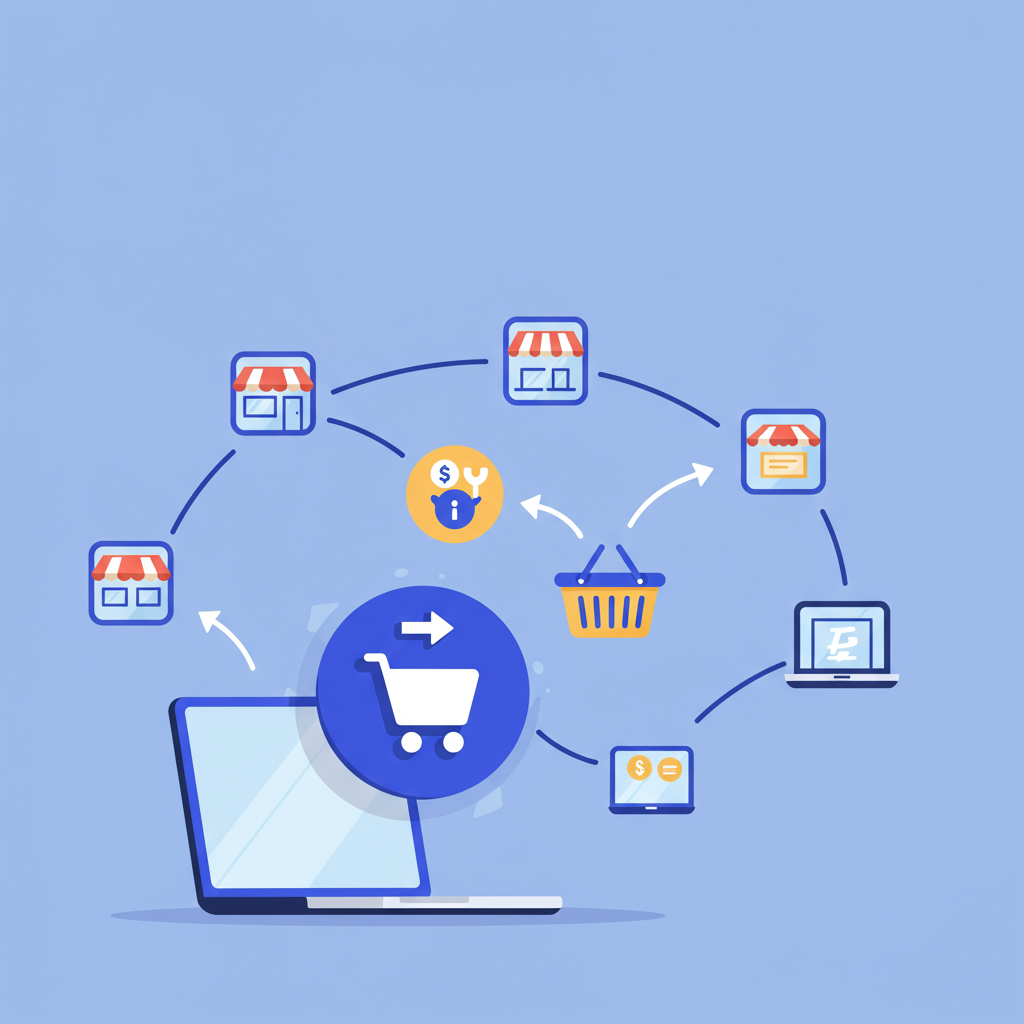Exploring the Future of E-commerce Beyond Centralized Platforms
As a merchant navigating the ever-evolving landscape of e-commerce, I’ve always been fascinated by the platforms that empower us.
For years, Shopify has been my go-to, and for many of us, it’s been an incredible tool, simplifying the complexities of setting up an online store.
It provides a robust, user-friendly environment where I can manage products, process payments, and connect with my customers seamlessly.
However, as I’ve grown, I’ve also started to ponder the broader ecosystem of online commerce and the inherent structures that govern it.
We operate within a centralized model, where platforms like Shopify act as intermediaries, connecting buyers and sellers.
This centralization brings immense convenience and security, but it also comes with certain trade-offs, such as transaction fees, platform policies, and a degree of control over our operations.
My thoughts have increasingly turned towards the concept of decentralized marketplaces, a topic that’s gaining significant traction in the tech world.
Imagine a world where the marketplace isn’t owned or controlled by a single entity, but rather by its users, powered by blockchain technology.
This is the core idea behind decentralized e-commerce: peer-to-peer trading without the need for a central authority.
For us merchants, this could mean a radical shift. Instead of paying a percentage of each sale to a platform, transactions could occur directly between buyer and seller.
This model promises lower fees, greater transparency, and enhanced control over our data and our customer relationships.
Think about the potential for censorship resistance – your store wouldn’t be subject to arbitrary delisting or policy changes from a single company.
It’s about democratizing e-commerce, putting more power back into the hands of the individual merchant and consumer.
The underlying technology, often blockchain, ensures that every transaction is recorded securely and immutably, visible to all participants on the network.
This distributed ledger technology removes the need for trust in a central intermediary, as trust is instead built into the protocol itself.
Of course, this isn’t without its challenges. User experience on many decentralized platforms is still evolving, often requiring a steeper learning curve than a polished platform like Shopify.
Scalability is another hurdle; processing millions of transactions per second on a decentralized network is a complex engineering feat.
And then there’s the regulatory landscape, which is still very much in its infancy when it comes to decentralized autonomous organizations (DAOs) and blockchain-based commerce.
So, where does Shopify fit into this future? I believe Shopify, with its incredible infrastructure and merchant base, is uniquely positioned.
While it’s a centralized platform, it has always shown a willingness to innovate and integrate new technologies.
I can envision a future where Shopify might offer tools or integrations that allow merchants to bridge their existing stores with decentralized networks.
Perhaps we’ll see Shopify facilitating NFT sales more natively, or enabling tokenized loyalty programs that leverage blockchain.
It’s not necessarily about replacing Shopify, but rather about expanding the possibilities for us merchants.
We could see hybrid models emerge, where the user-friendly front-end of Shopify connects to a decentralized backend for certain functionalities.
This could offer the best of both worlds: the ease of use we’ve come to expect, combined with the benefits of decentralization.
As I look ahead, I’m excited by the prospect of a more open, equitable, and resilient e-commerce ecosystem.
The journey towards fully decentralized commerce is long, but the foundational steps are being laid right now.
It’s a conversation we, as merchants, should be actively participating in, understanding the implications for our businesses.
What do you think about this article? I’m genuinely curious to hear your perspectives on how decentralized marketplaces might impact your Shopify store or the broader e-commerce landscape.
Ultimately, my goal is to stay informed and adaptable, ensuring my business is ready for whatever the future of online trading holds.






